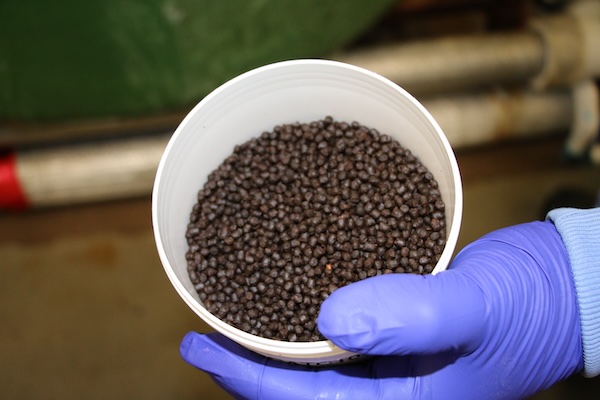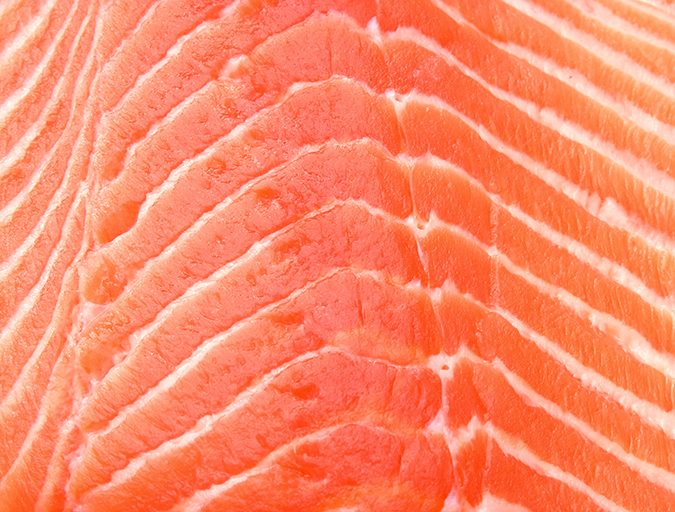Health Canada approves a novel omega-3 oil from canola for use in dietary supplements

Nutriterra® Total Omega-3, a canola-based oil designed to deliver essential omega-3 fatty acids, has received approval from Health Canada for use in dietary supplements.
The product was granted a product license by Health Canada’s Natural and Non-prescription Health Products Directorate (NNHPD), which allows it to be marketed as a source of DHA and ALA – essential fatty acids that support heart, brain and overall cardiovascular health.
This milestone builds on earlier recognition by the Canadian Food Inspection Agency, which approved Nutriterra in 2020 for food and animal feed use.
“Health Canada’s approval recognizes Nutriterra’s ability to support heart and brain health and provides a new option to meet the growing demand for plant-based total omega-3 with DHA, EPA and ALA,” said Benita Boettner, the company’s nutritional general manager.
Nutriterra addresses a persistent challenge: the world’s growing need for omega-3 fatty acids and the ocean’s limited capacity to sustainably supply them. The product is derived from Omega-3 Canola, a proprietary crop that offers a scalable, land-based alternative to fish oil. According to the company, a single hectare of the crop yields as much DHA as 10,000 kilograms (22,000 pounds) of wild-caught fish – a figure that underscores its environmental promise.
Aquaterra’s canola oil improves salmon fillet quality in Nofima trials
The oil’s unique fatty acid profile – which includes DHA, EPA and ALA – positions Nutriterra as the first plant-based long-chain omega-3 oil to achieve this balance. It offers a vital resource for consumers and industries seeking to reduce pressure on marine ecosystems.
This Canadian approval follows a similar designation by the U.S. Food and Drug Administration, which granted Nutriterra New Dietary Ingredient status in 2021. The product has also been approved for use in Australia, New Zealand and other major markets, with regulatory applications underway in additional regions. With its dual promise of nutritional benefits and sustainability, Nutriterra is poised to redefine how omega-3 fatty acids are produced and consumed.
“With Health Canada’s approval for Nutriterra as a safe and effective dietary ingredient, we are well placed to attract new consumers and raise the consumption of omega-3 closer to the recommended daily intake,” Boettner said.
Now that you've reached the end of the article ...
… please consider supporting GSA’s mission to advance responsible seafood practices through education, advocacy and third-party assurances. The Advocate aims to document the evolution of responsible seafood practices and share the expansive knowledge of our vast network of contributors.
By becoming a Global Seafood Alliance member, you’re ensuring that all of the pre-competitive work we do through member benefits, resources and events can continue. Individual membership costs just $50 a year.
Not a GSA member? Join us.
Author
Tagged With
Related Posts

Aquafeeds
Canadian collaboration aims to expand canola for aquaculture feed
Joint project with Onda and the Canola Council of Canada aims to expand the use of canola as an ingredient for sustainable aquaculture feed.

Aquafeeds
Novel omega-3-rich canola oil approved for salmon feed use in Norway
Novel omega-3-rich canola oil makes fish healthier and minimizes dark melanin spots in salmon fillets, Nofima scientists say.

Aquafeeds
Testing fish oil alternatives in red hybrid tilapia diets
The results of this study provide the first comprehensive evidence of the significant impact of dietary oils with different fatty acid class profile on the in vivo fatty acid metabolism of tilapia.

Intelligence
Wanted: More omega-3s. But from where?
Cargill and Australia’s Nuseed are both investing large sums of money in the development of a genetically modified canola oil rich in DHA. Meanwhile, a leading nutritionist casts doubts on the necessity of omega-3s from fish.



